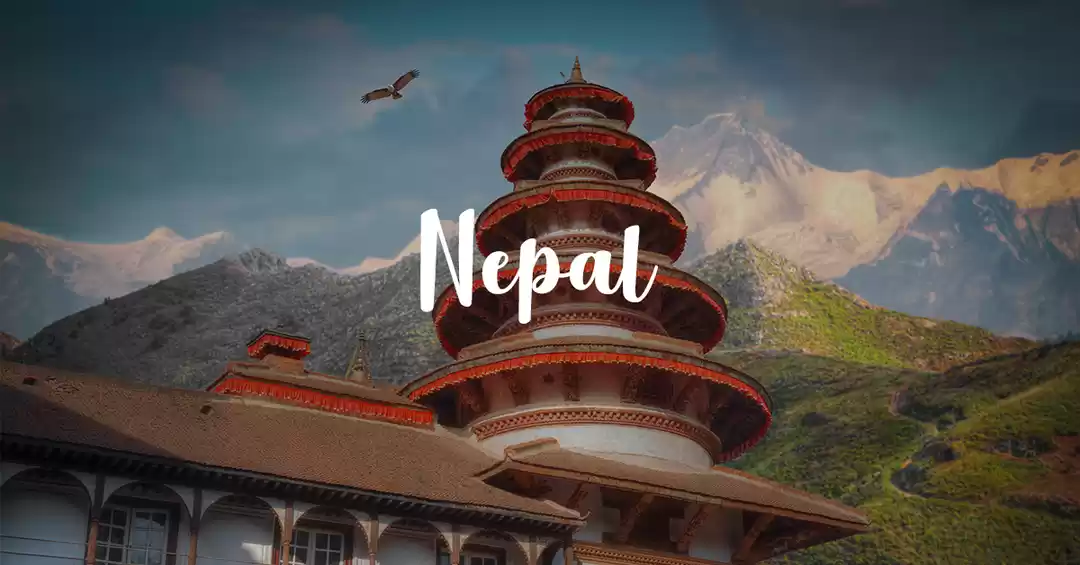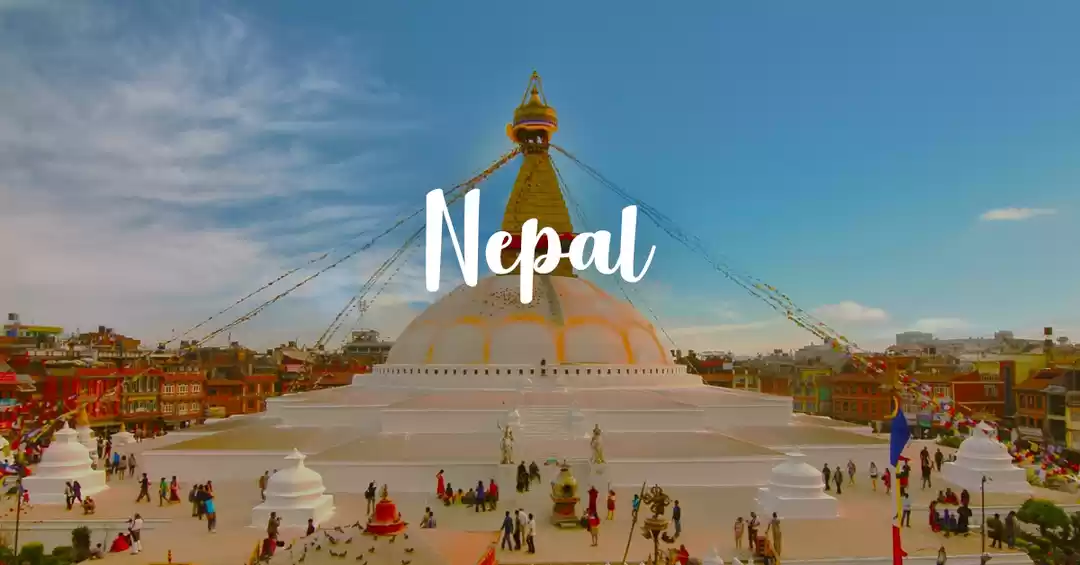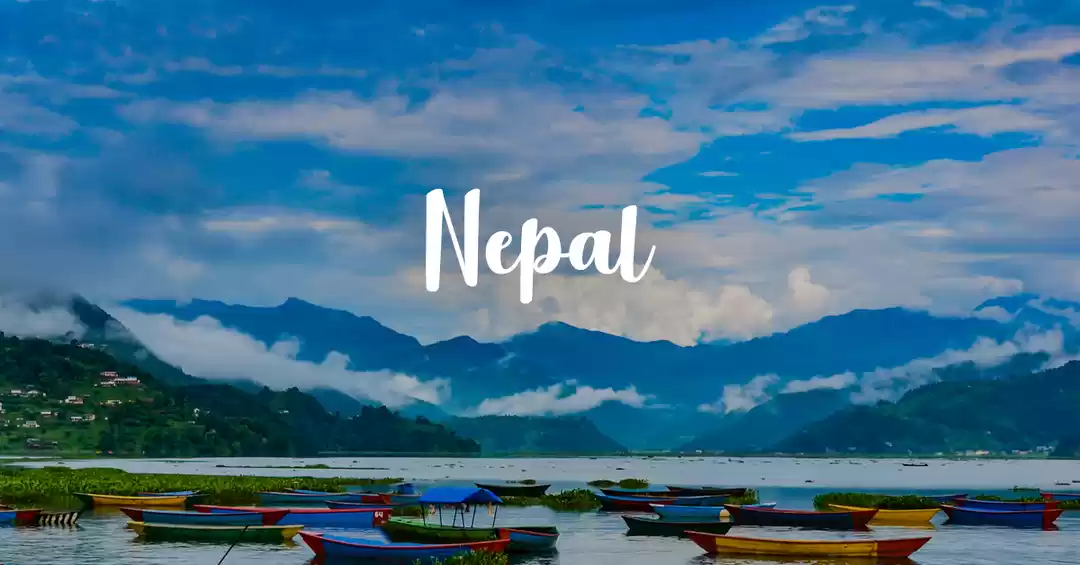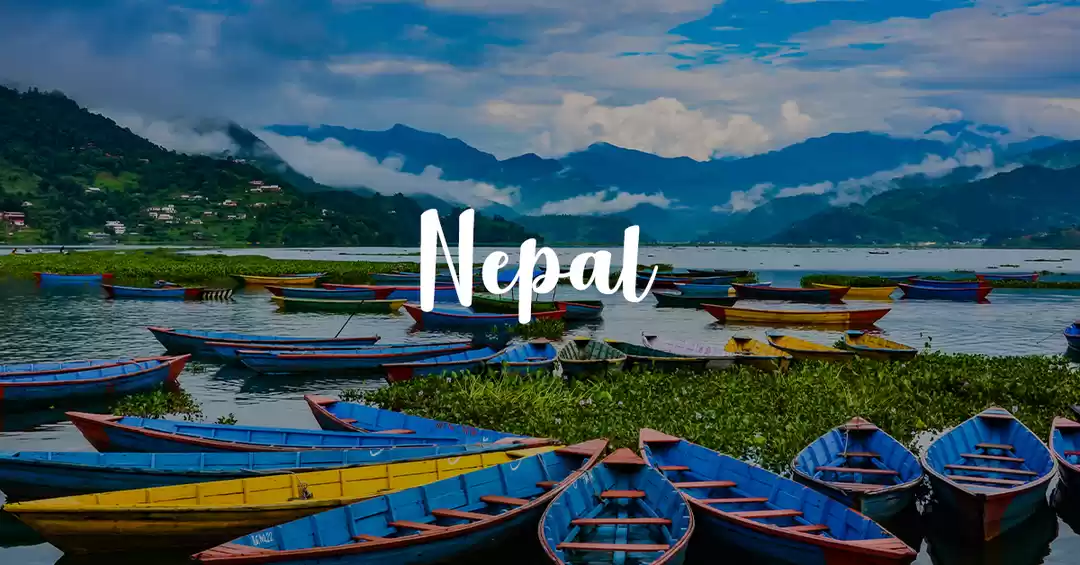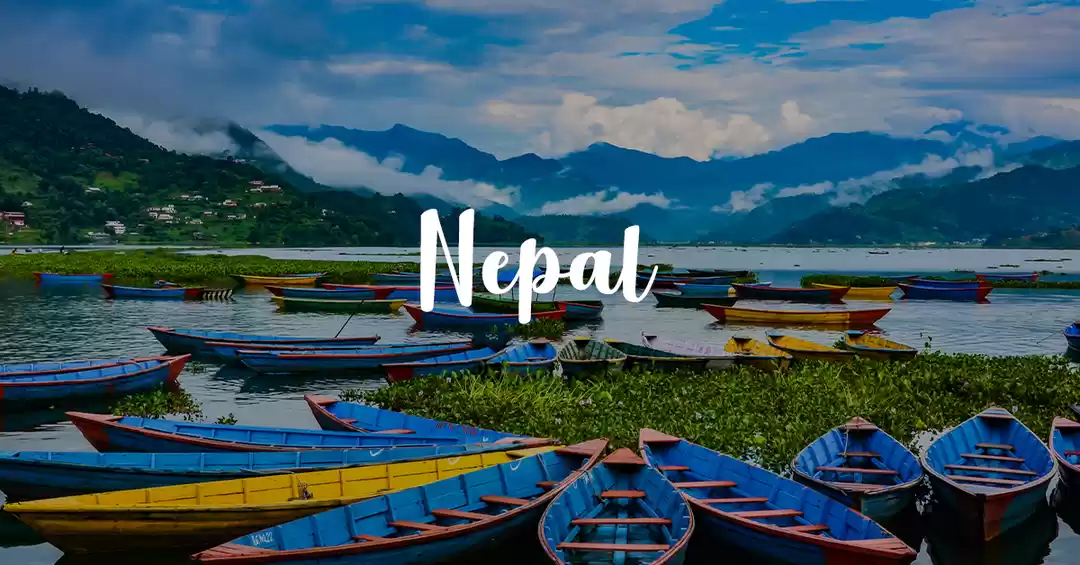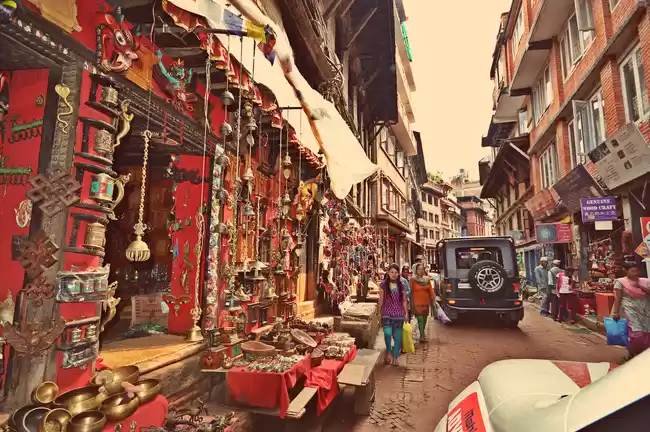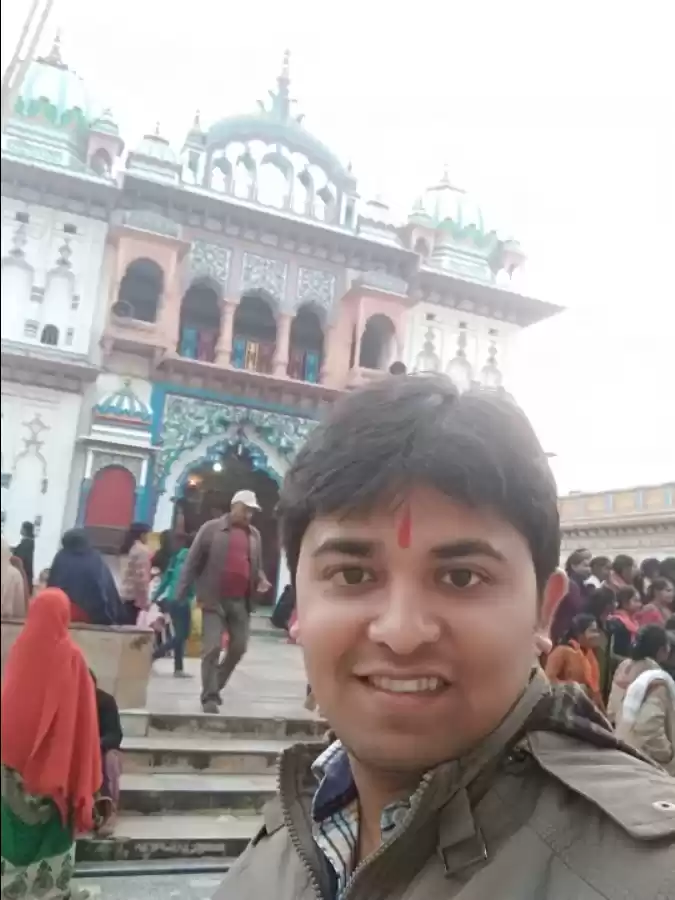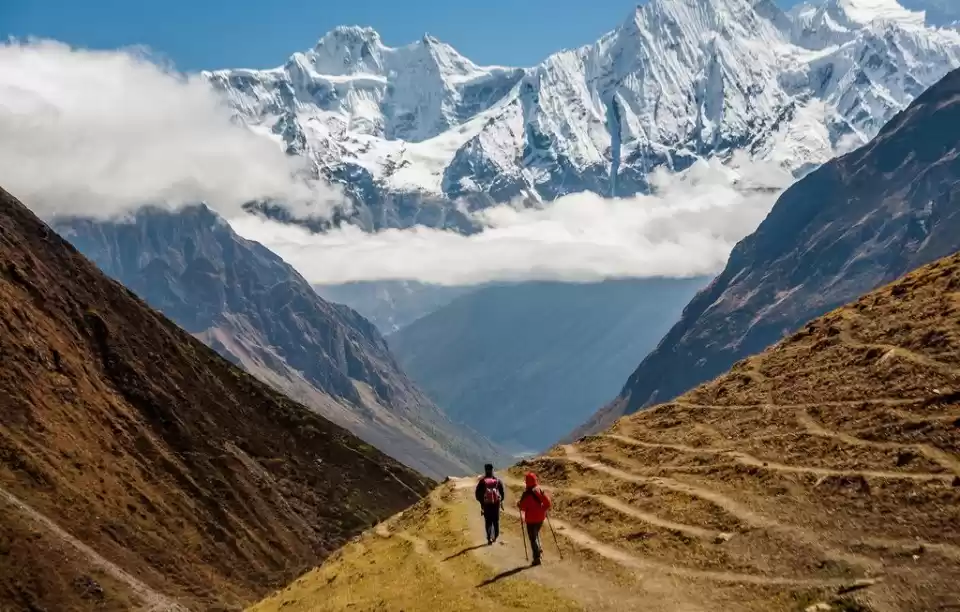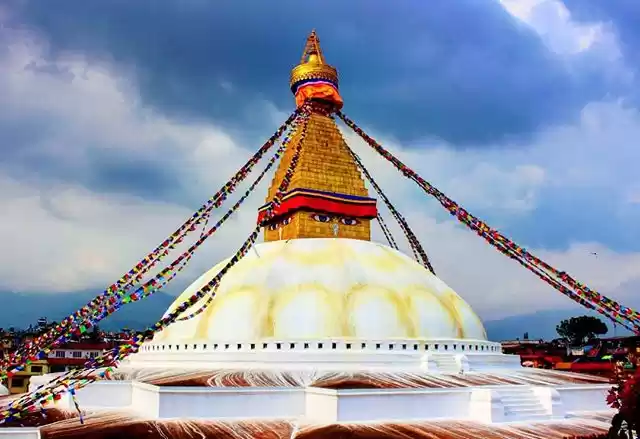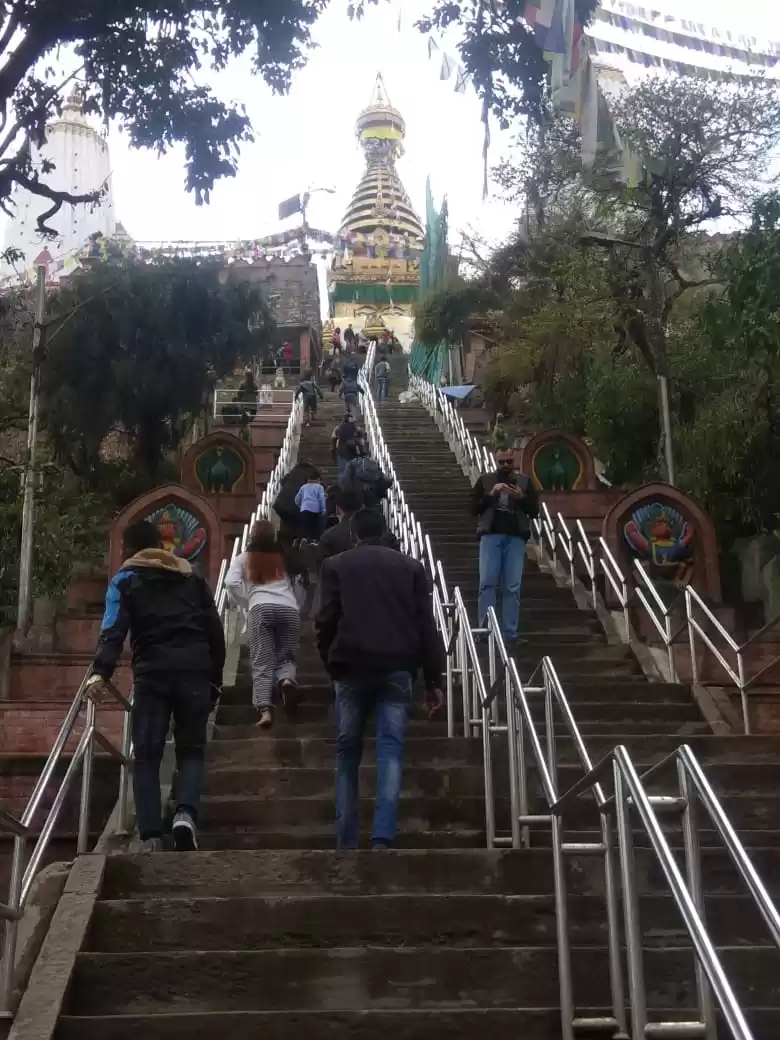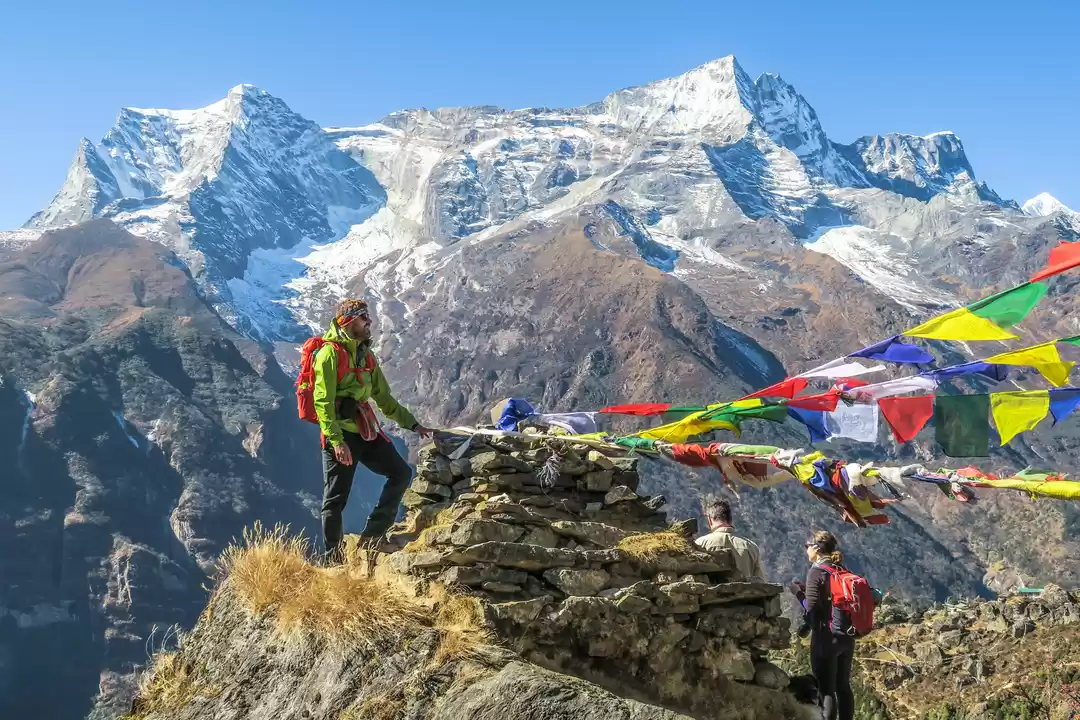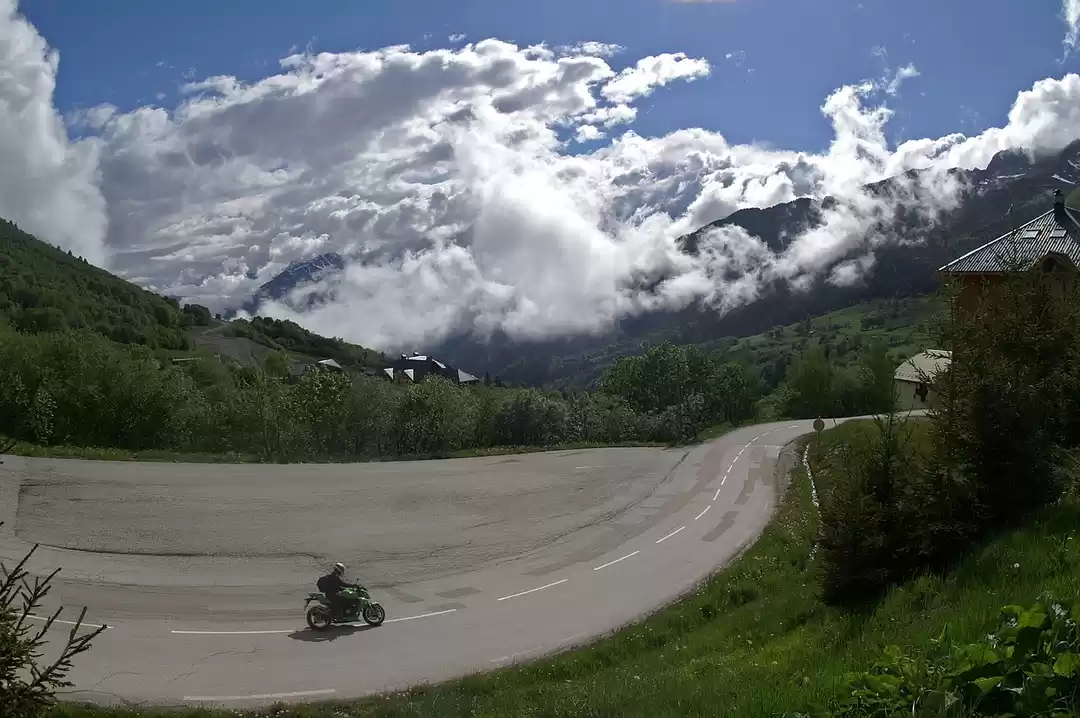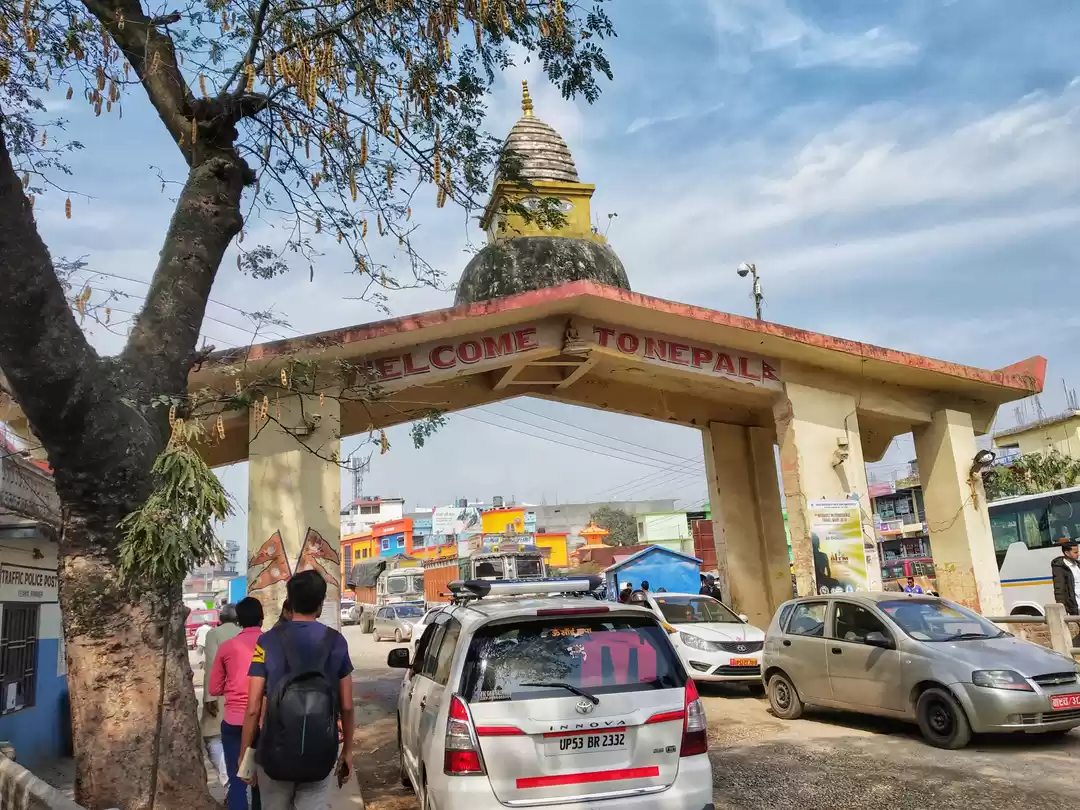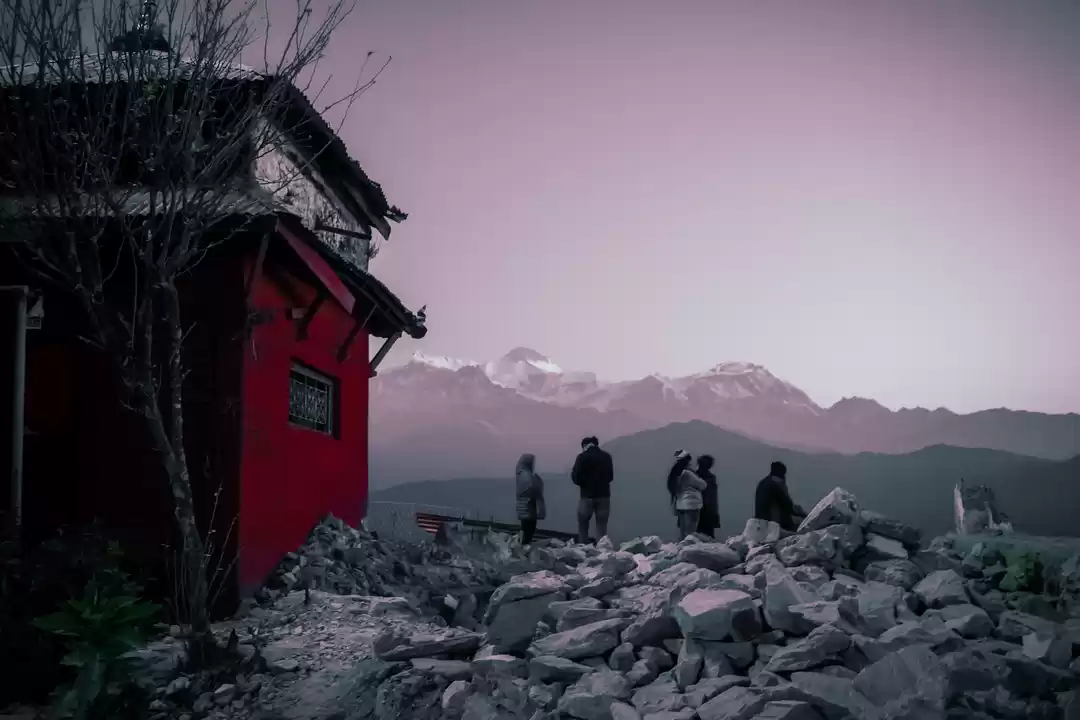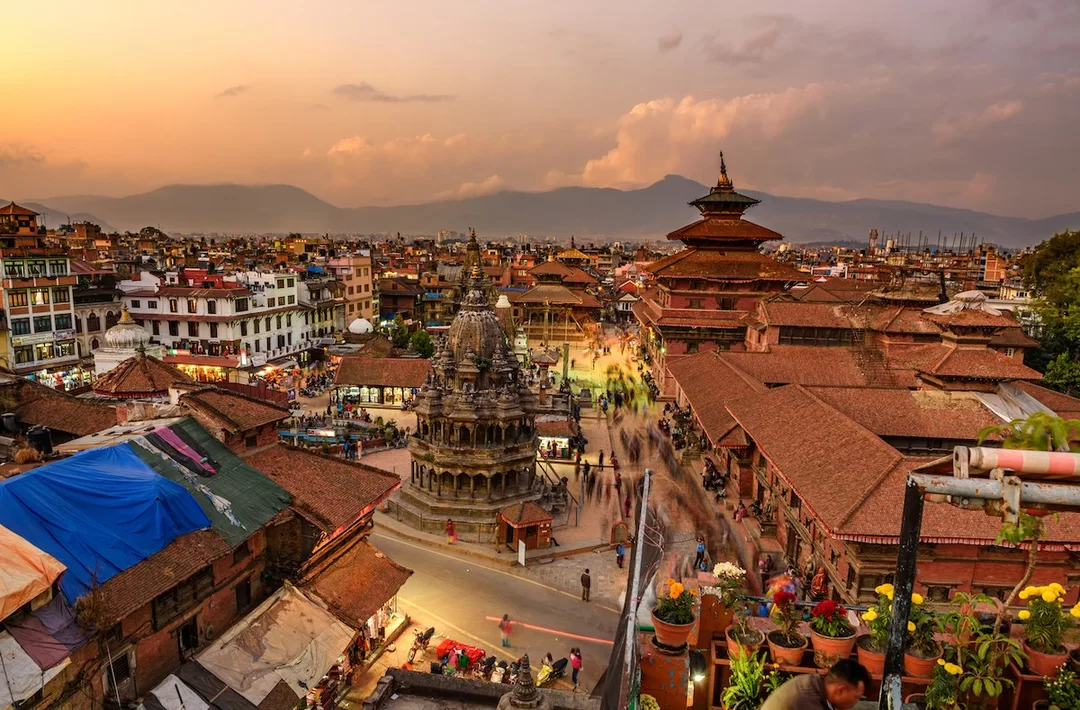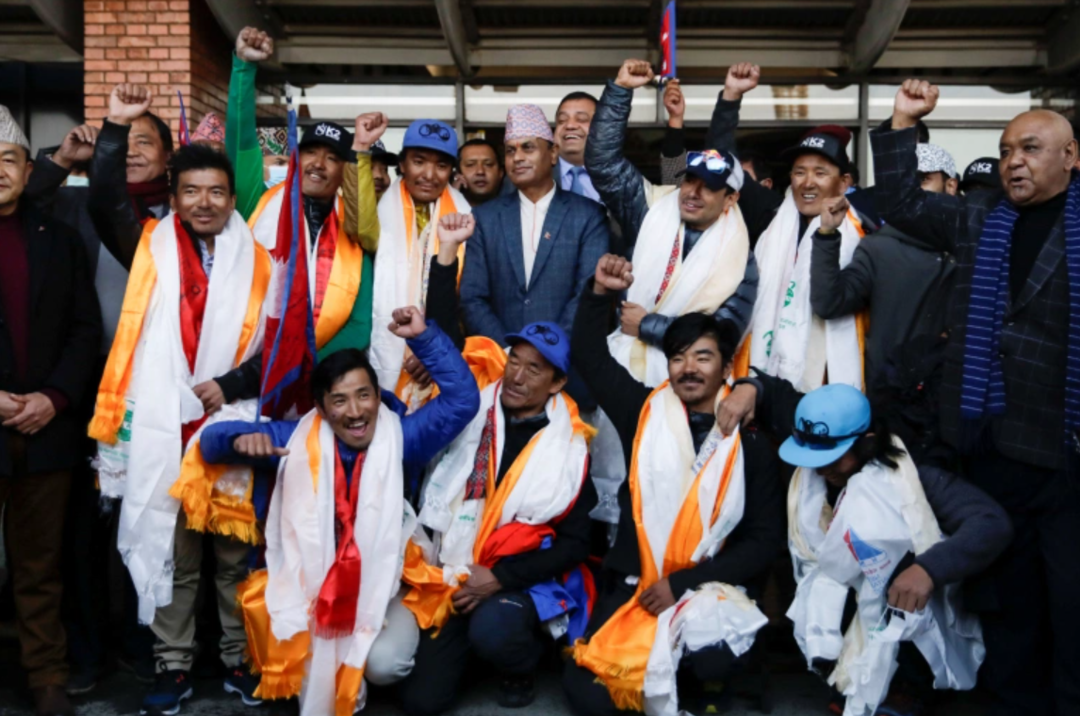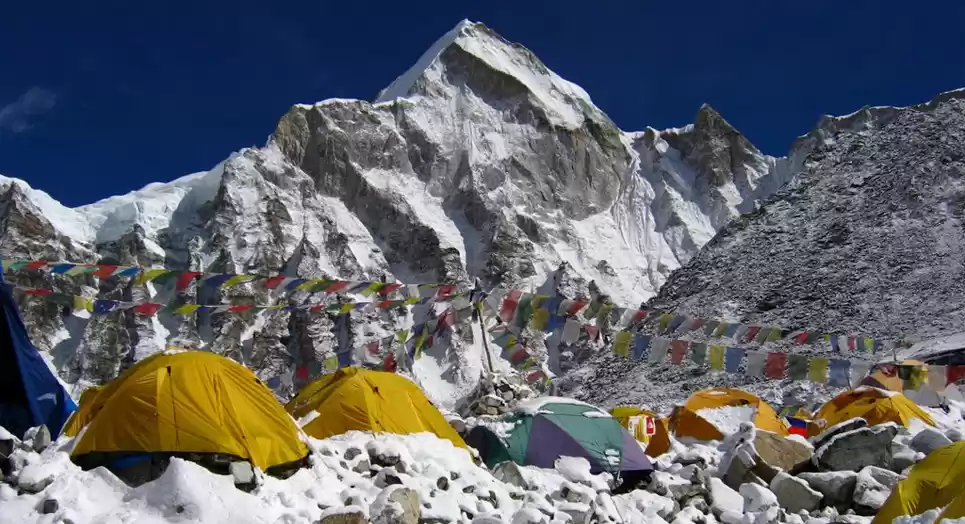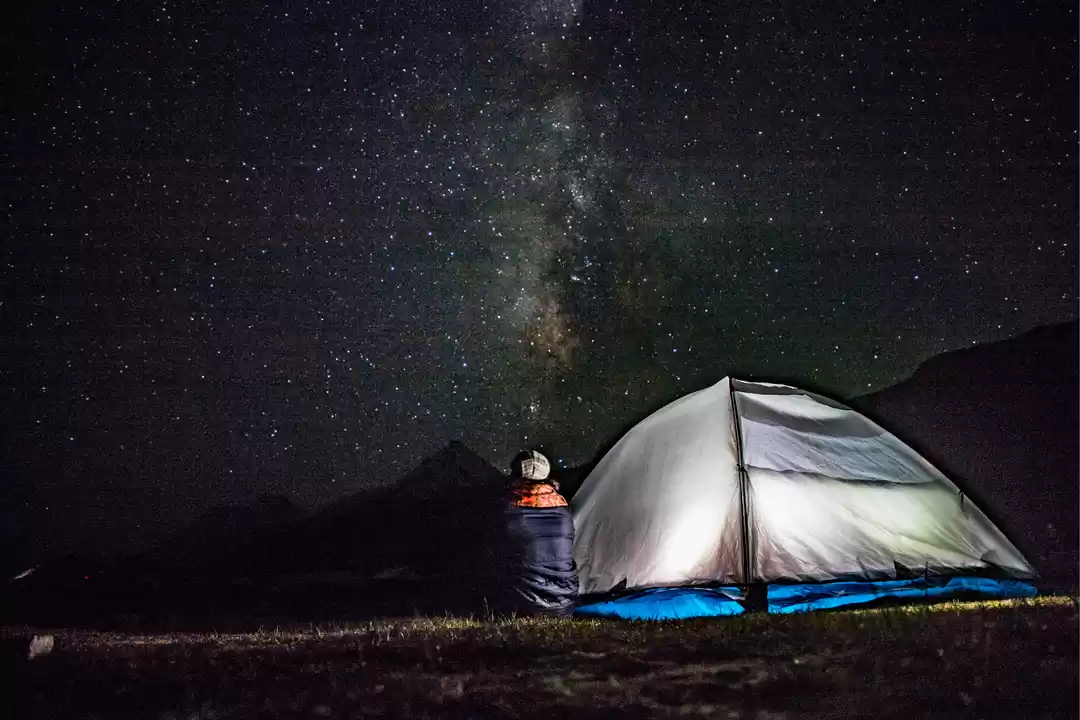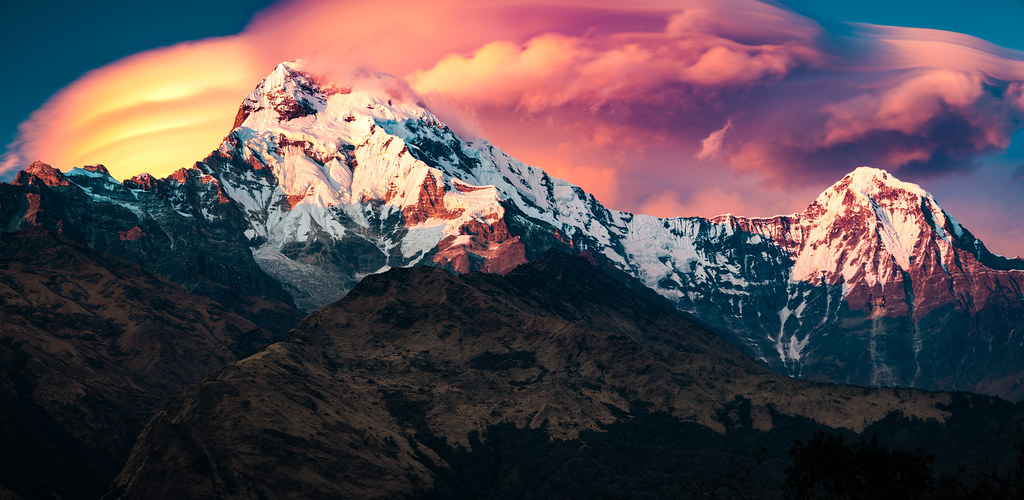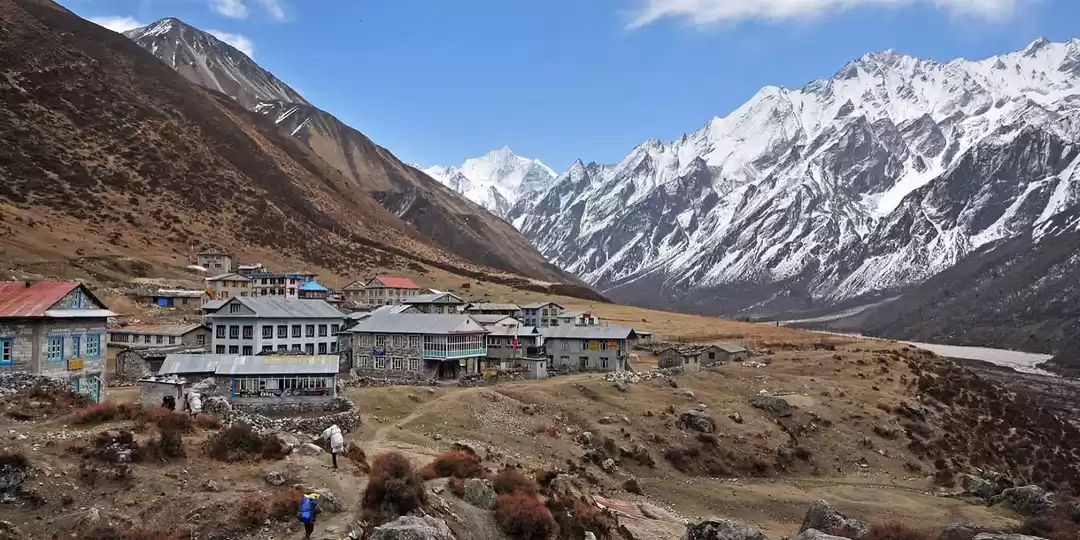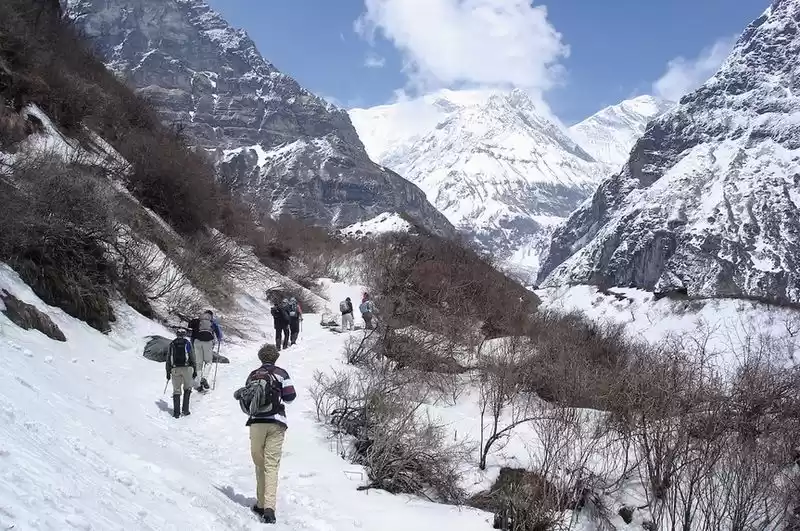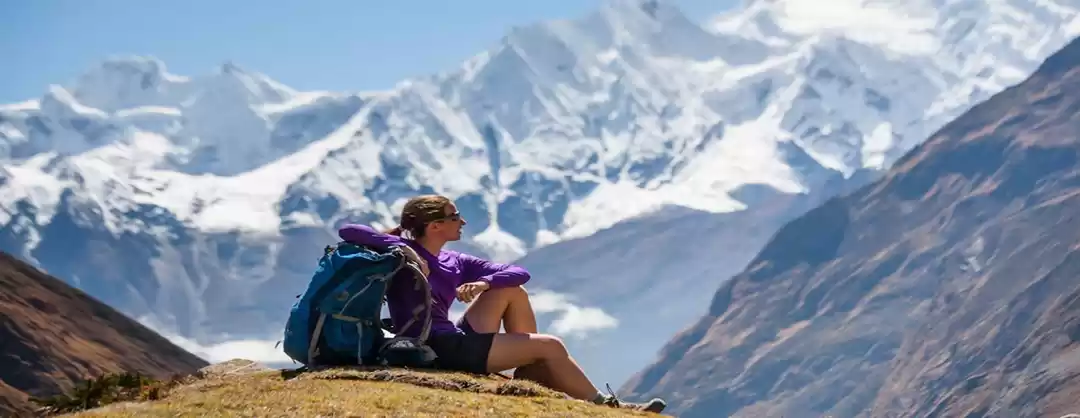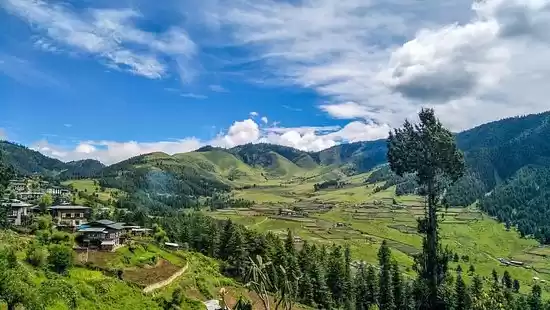










































Explore upper Mustang Trek. is the trek to Lo-Mangthang (Upper Mustang trek). The trek to this region is to explore Tibetan villages in Nepalese border. These ancient Tibetan villages have unspoiled Buddhist culture. The region is also famous for medieval art in Buddhist monasteries. Upper Mustang, the capital of Lo-Mangthang is attractive for exploring beautiful Himalayan deserts in high altitude. Lo Mangthang lies behind the Dhaulagiri and Annapurna mountains which is very near with Tibet therefore practices Tibetan culture and lifestyle. Lo Mangthang was opened to explore after 1992 where there are various specialties hidden as mysteries. The land is windy and barren extended Tibetan plateau which has rocky formations with eroded canyons. Lo Mangthang (Upper Mustang) people are of Tibetan origin Bhotias and Loba communities. They follow Tibetan life style and cultural practices. These people follow Sakyapa Buddhism which is Tibetan-rooted. They celebrate festivals based on religion; among them Tiji Festival is the most important. The population of this region is more than 6000 in an area of 2600sq. km. which is still being ruled by a king locally. The houses and monasteries are made up of stone or sun baked mud bricks. The monasteries have medieval looks with historical importance. The Exploration Mustang Trek is interesting trekking to Mustang region along the Kali Gandaki River. The trail follows Kali Gandaki to the top of Lo Mangthang with different opportunities to explore ancient settlements of Kagbeni, passing through the world’s deepest river gorge in kali Gandaki River and to Tibetan untouched villages of Lo Mangthang. The region is not disturbed by modern world development as it has preserved its culture in art and traditions. Exploration Mustang Trek is challenging trek to high Himalayan desert. It offers different insights about the region such as historical, cultural and so on. Trekking in this region is worthwhile for those who want to gain knowledge through travelling and seeking adventure journey.



